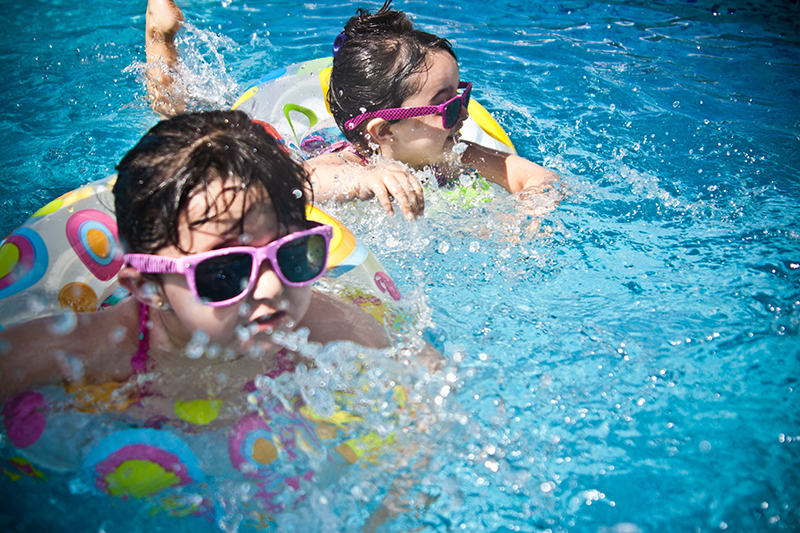Summer Boating Safety

It’s the heat of the summer and if you plan a summer vacation, or are anywhere near a large body of water, a boating excursion seems like a great way to fill the long, hot days. Boating is many people’s favorite summertime pastime, but there are risks and factors that tie into this activity and it is important that everyone knows the safest ways to enjoy long days on the boat.
Boating Safety Statistics: The Facts
- According to the Personal Flotation Device Manufacturers Association’s 2013 report, nearly 80% of drowning victims were not wearing a life vest
- 70% of fatal boating accidents were because the victims drowned.
- Drowning takes only about 60 seconds for adults and 20 seconds for children. However, chances of survival are dramatically increased by simply taking the easy precaution of wearing a life vest.
General Tips for Preventing Boating and Drowning Accidents
- Adult Supervision: The A in our ABCD’s of Water Safety stands for Adult Supervision. There should always be an adult present whenever kids are in water. Be sure to designate a water watcher for an additional layer of safety.
- Build water awareness in your kids: Teach your children the differences between swimming in pools vs. swimming in open water. They should be aware of uneven surfaces, river currents, ocean undertow and changing weather. Above all, know everyone’s capabilities as a boater and a swimmer and never tackle anything that you can’t handle.
- Wear A Life Vest (That fits right!): The most obvious safety tip is to always wear a life vest while boating. Parents, you should set a good example for kids and especially teens by wearing one as well. Not sure how to gauge the right life jacket your children need? See our Kids Life Jackets guide to learn more.
- Check the forecast: Before heading out for the day be aware of the forecast. Sudden, and sometimes dangerous, storms can arise quickly and you certainly don’t want to be out on the open water when that happens. Have a good gauge on the time frame for storms and know the best way to get back to shore in case you do get stuck in the middle of one.
- Keep younger children warm: Aside from mother nature’s risks from above, you need to be aware of what’s underneath your boat as well. Rip currents and water temperatures can be very dangerous as cold water and rip currents can render even the most capable swimmer helpless. Infants and younger kids are also at a higher risk of hypothermia, so take extra precautions to keep them warm.
- Never Dive Head First: Finally, never make your first entry into a body of water headfirst. Diving accidents can be avoided by simply never diving into water less than nine feet deep.
- If you’re on a motorboat, there should be a working carbon monoxide alarm. Carbon monoxide alarms can help alert your family in instances where there’s buildup of toxic fumes from the engine.
Boating Safety Tips for Your Kids By Age
- Infant Safety: The U.S. Coast Guard’s Office of Boating Safety has determined that babies should not travel on a boat – including rowboats, kayaks, motorboats and sailboats, until they reach the appropriate weight for them to wear a USCG approved flotation device. See our children’s life jacket guide for more information.
- Toddler and Grade School Kids: Be sure that the boat is childproofed wherever needed, and explain basic boat rules to your children. Remind them that their hands and feet should remain inside at all times, and there should be no running on a boat. See Toddler Water Safety for More.
- Teens: A large portion of boating accidents that occur every year involve alcohol. Teens are especially vulnerable in this instance, as many teen drownings occur when they underestimate water currents or swim under the influence. It is strongly recommended not to drink alcoholic beverages while boating, and parents should remember to set a good example for teens as well. See Teen Safety for more.
Boating is a fun, warm weather activity that can garner countless memories and good times and being safe and knowledgeable will only enhance your family’s times of fun.
